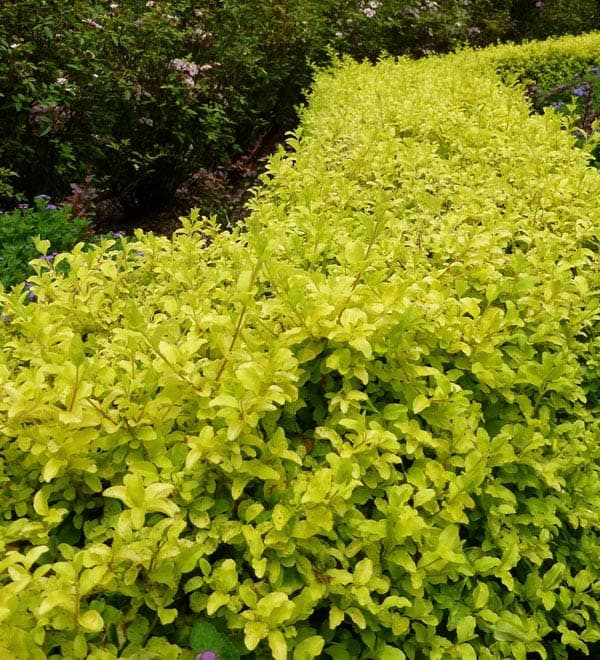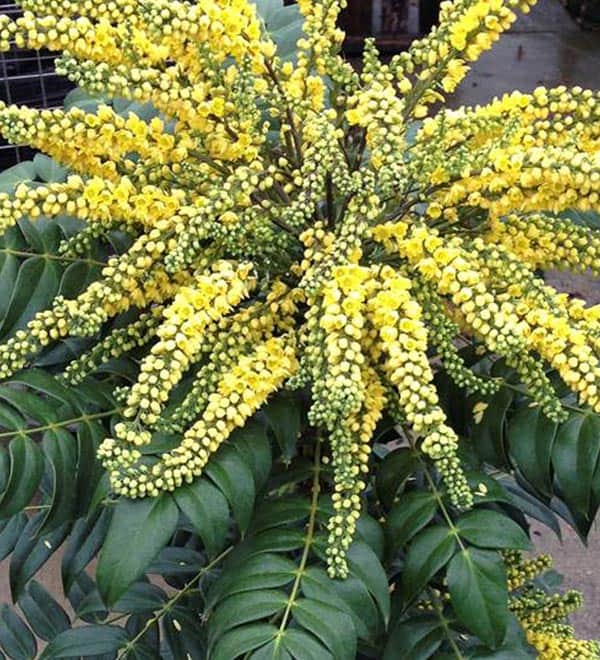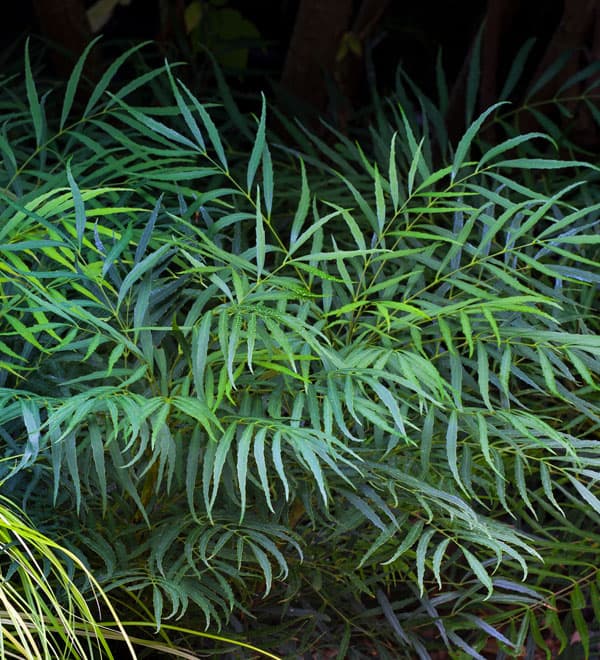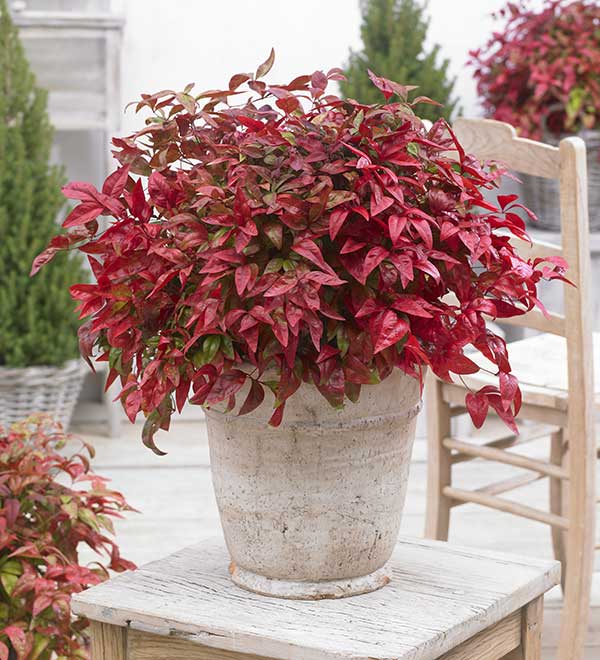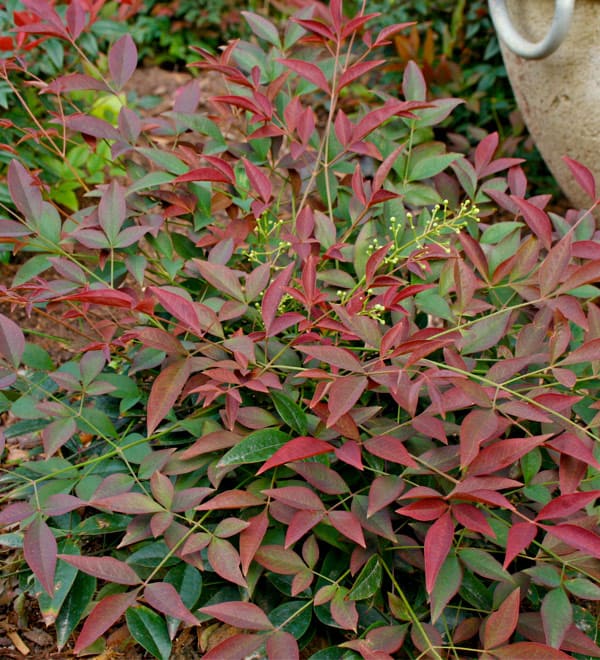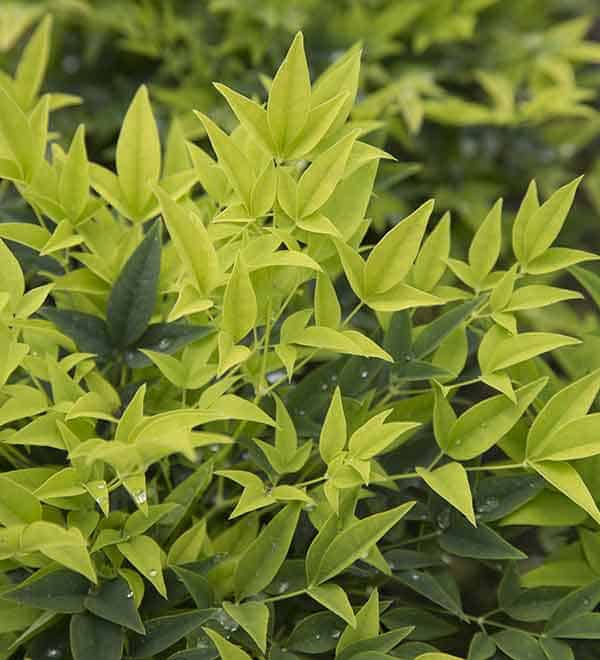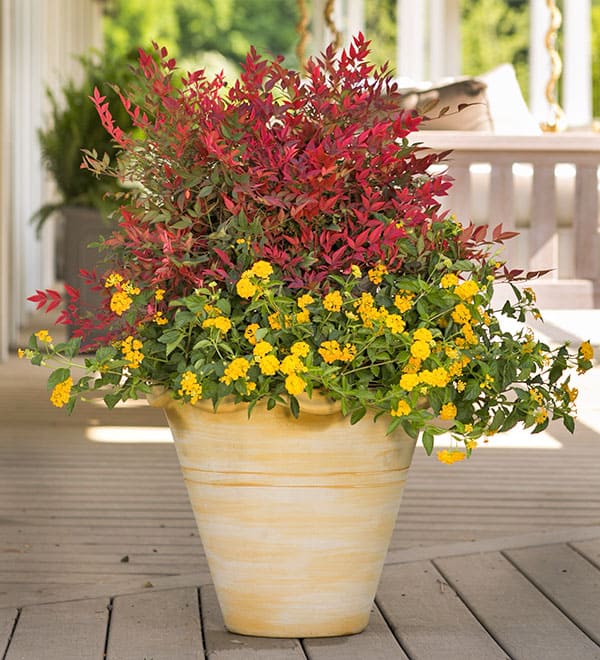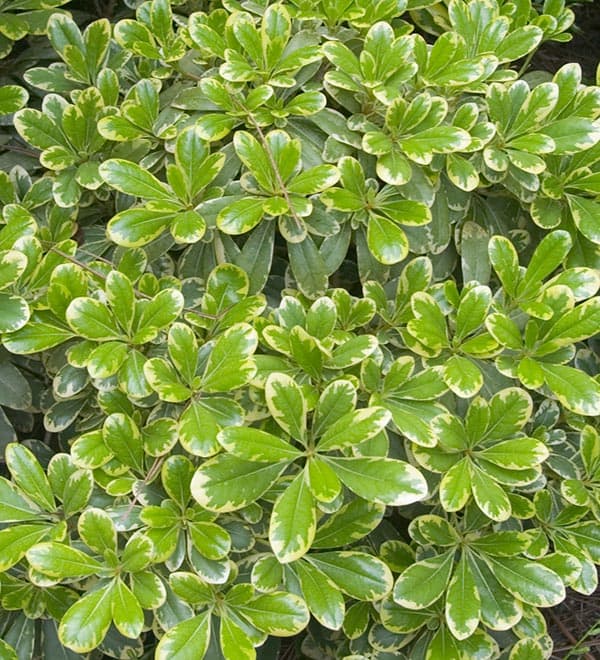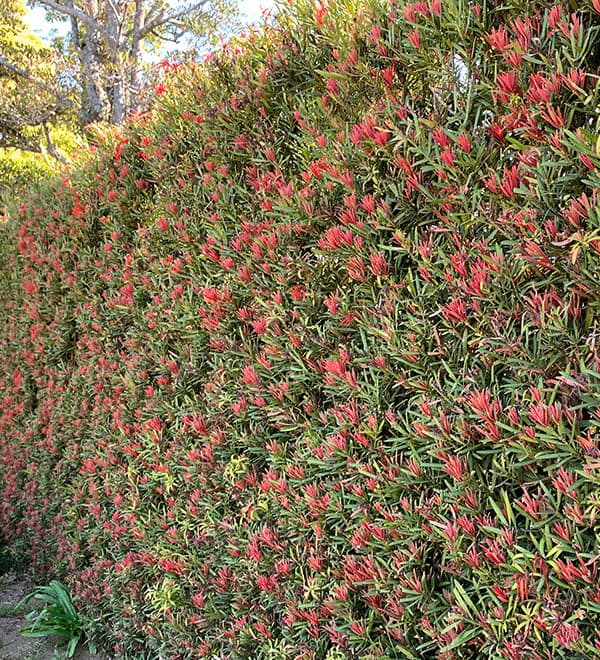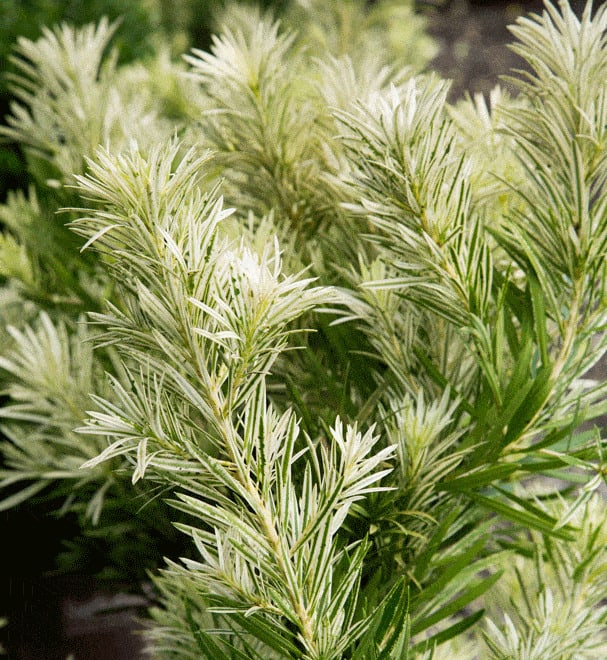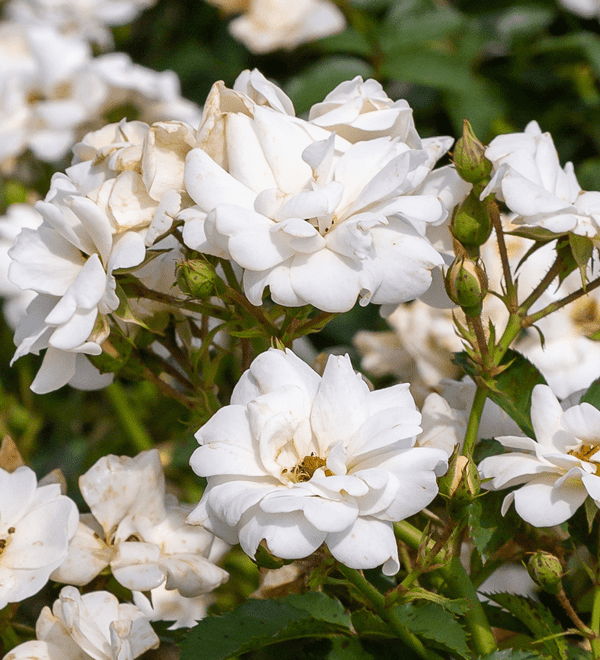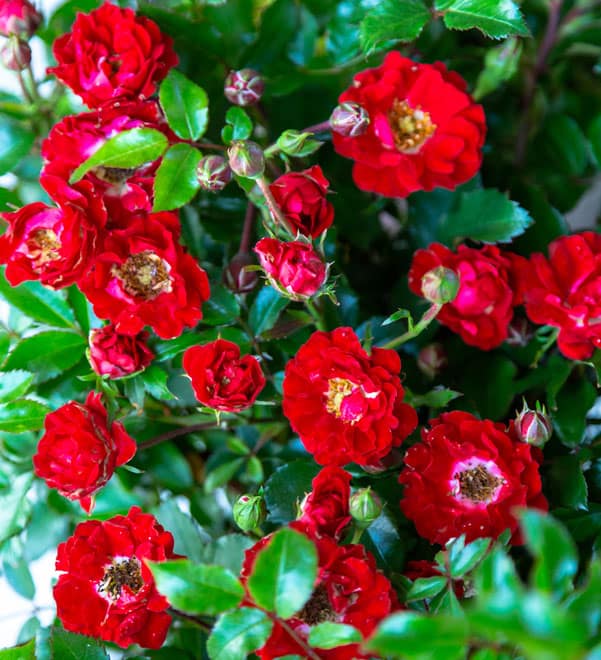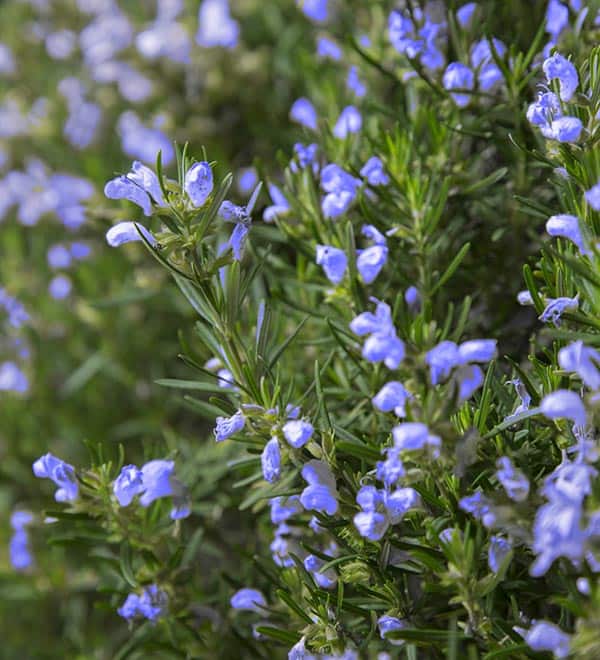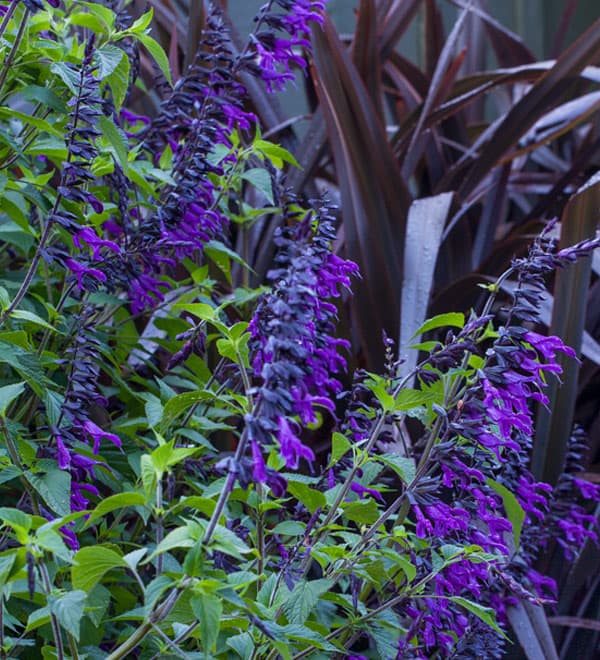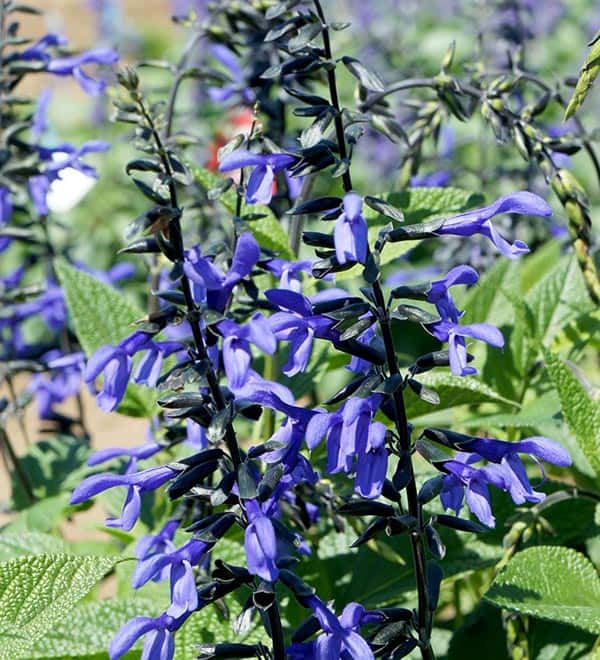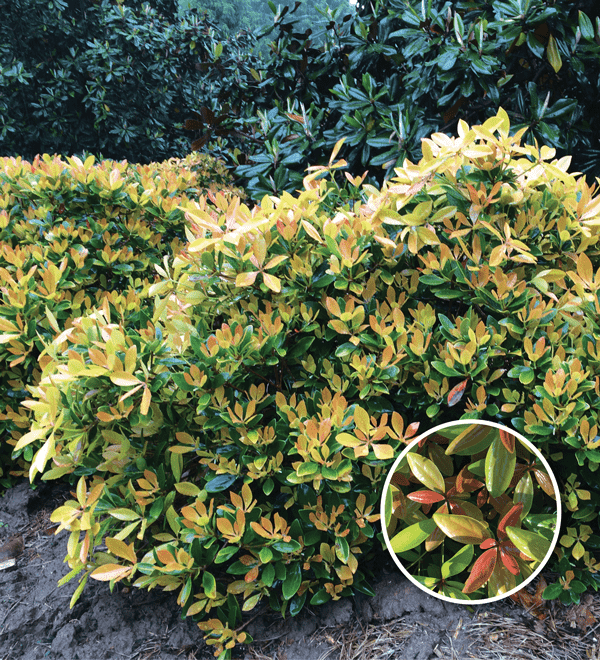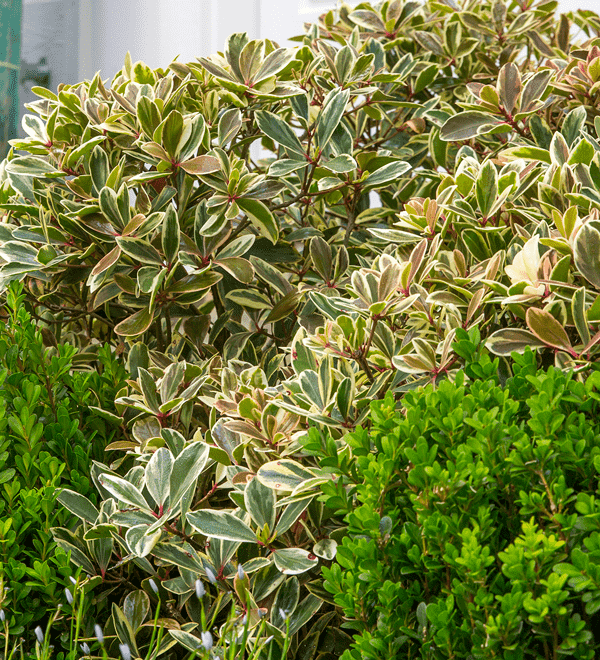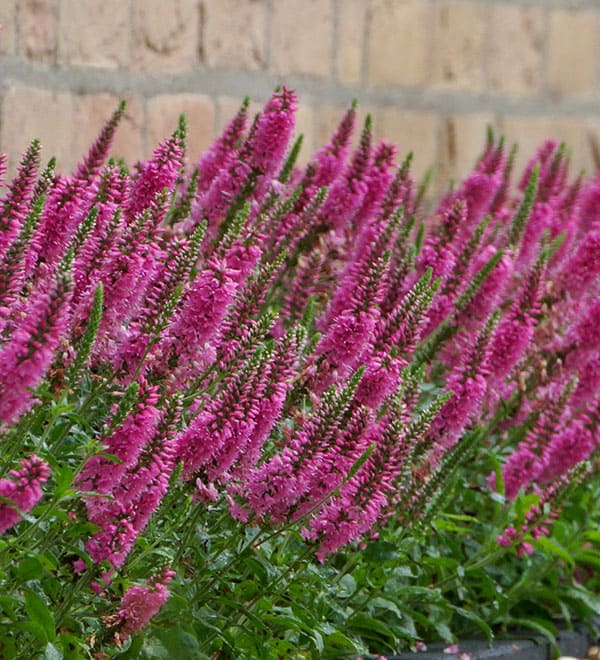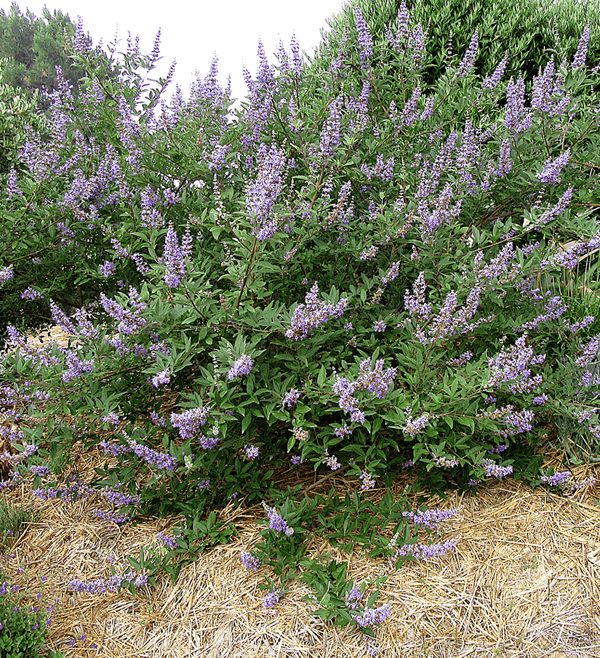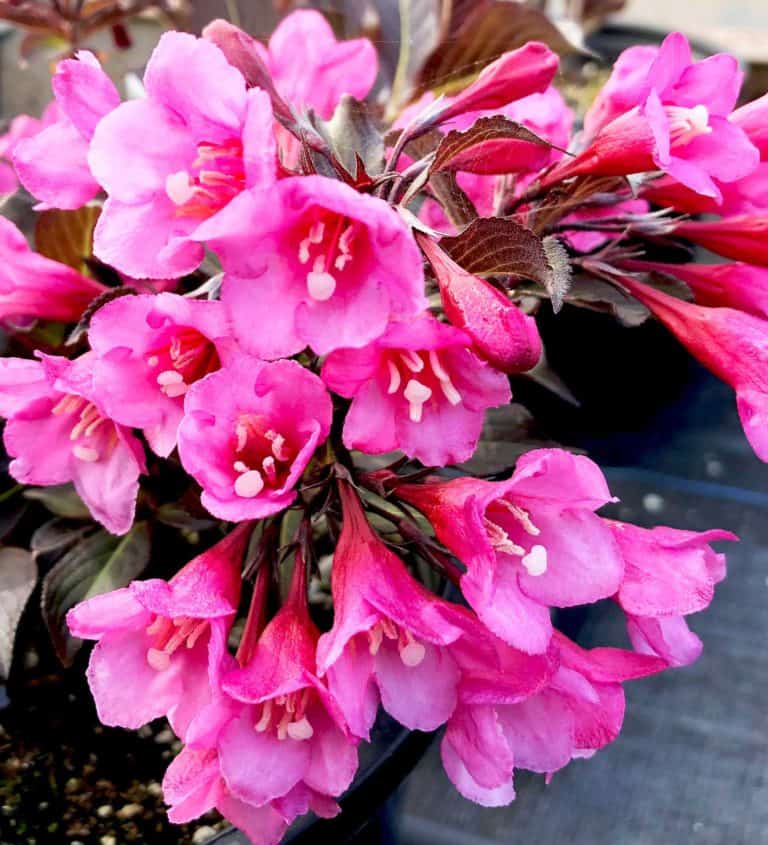One of the West’s most narrow, linear climates, Zone 4 runs from high in the coastal mountains of Northern California to southeastern Alaska, losing elevation as it moves north. It gets considerable influence from the Pacific Ocean, but also from the continental air mass, higher elevation, or both. As it extends north, the zone first touches salt water in northern Puget Sound and is almost entirely surrounded by salt water in southeastern Alaska. In the contiguous states, Zone 4 has more cold than neighboring Zone 5,more snow, and a shorter growing season. Compared to neighboring zones in Alaska and Canada, however, it has less winter cold and a longer growing season. No zone grows better perennials and bulbs; people who like woodland plants and rock plants love Zone 4. But beware: though you can grow winter vegetables in the southern part of Zone 4, it doesn’t get enough winter sunlight in Alaska to sustain them. Average winter lows in Zone 4 range from 34°F (1°C) down to 28°F (–2°C),with extreme lows averaging 8 to 0°F (–13 to –18°C). The growing season is 150 to 200 days long, but because Zone 4 summers are temperate (highs average from the low 60s to the 70s), plants take more time to develop. If you’re growing vegetables, for example, add at least 50 percent to the days-to-harvest figure listed on the seed package, or start your garden from transplants.

